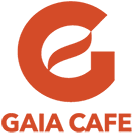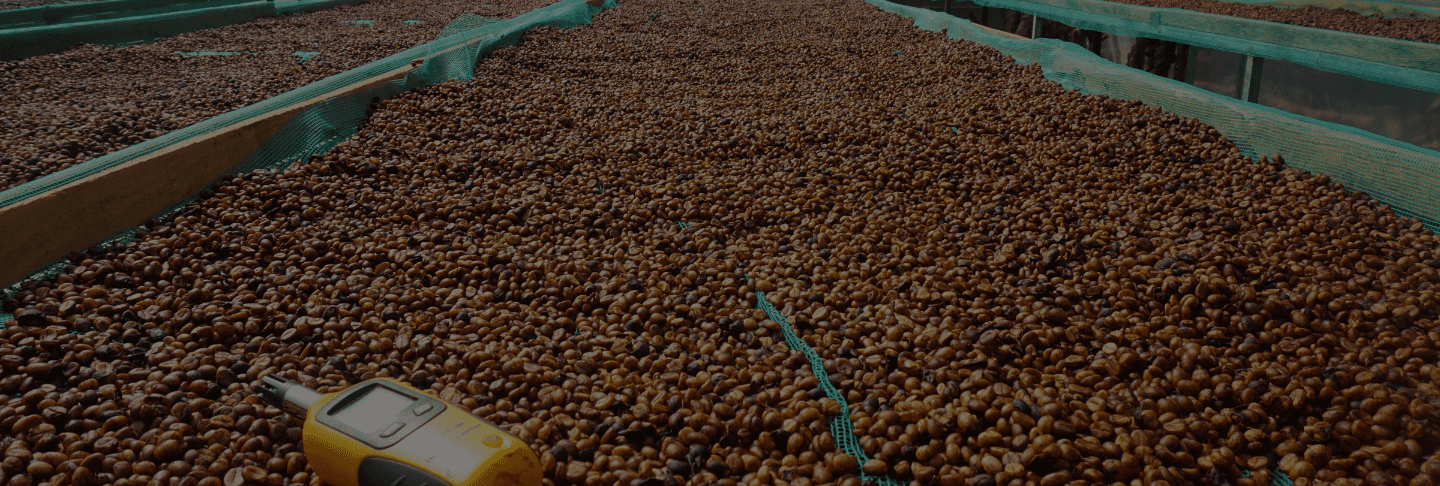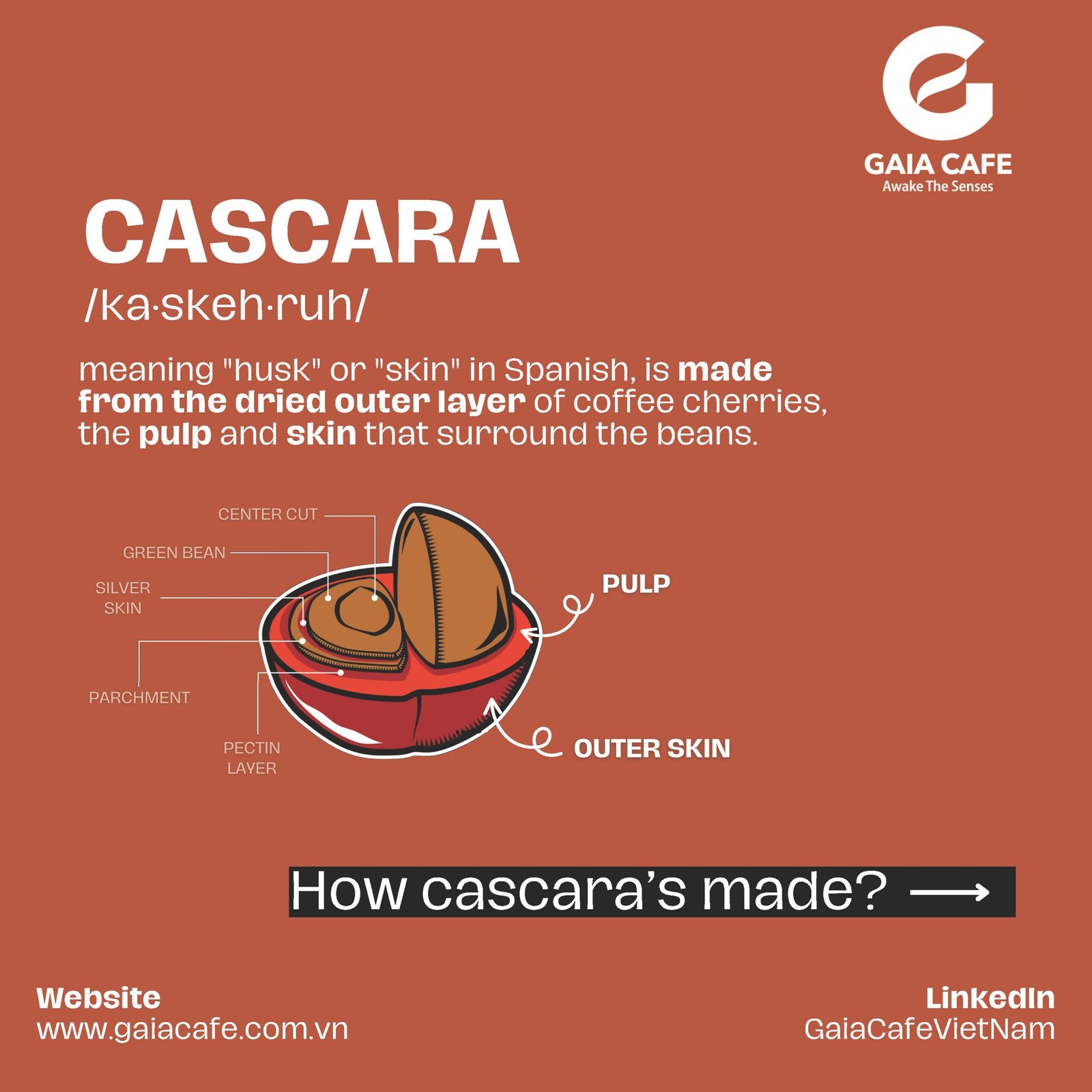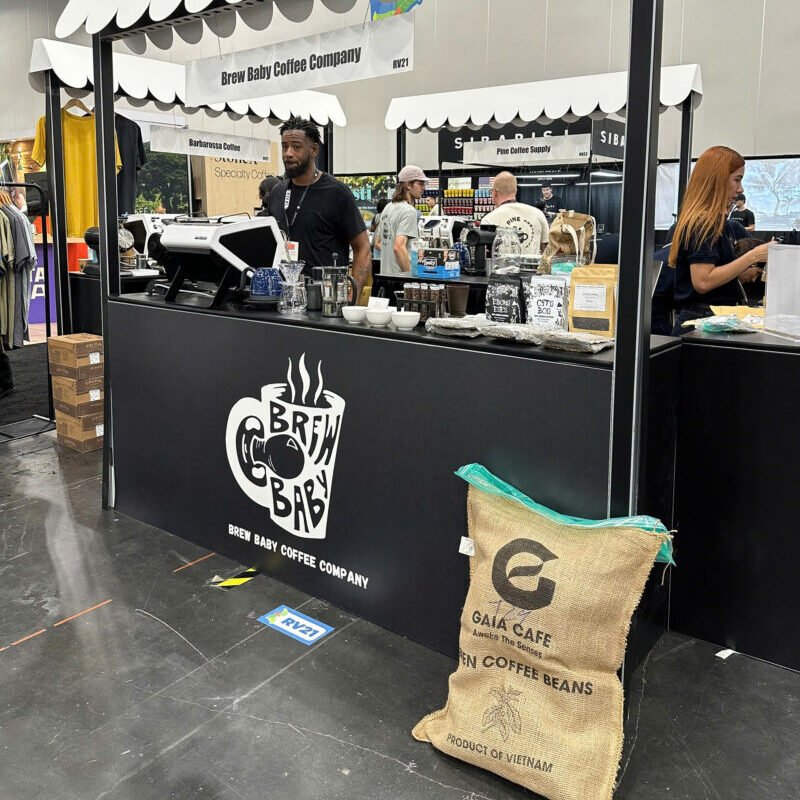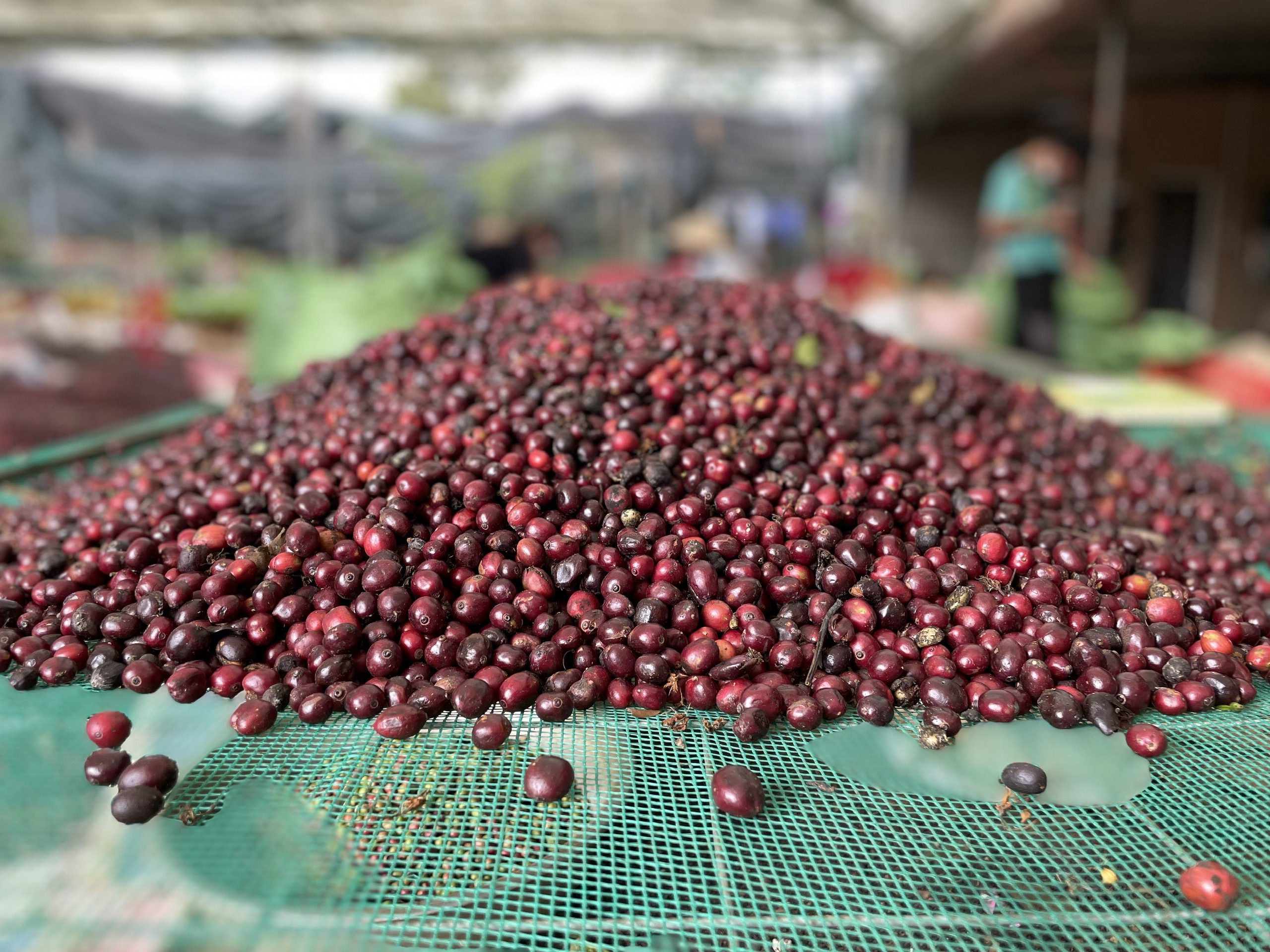
Honey Coffee Process – Part 5. To Sum It All Up
Four Waves of Coffee
There are three main waves of coffee accepted by mainstream, each represent a successive movement in the coffee industry. These waves sort of melds into each, overlapping like literal waves, around the world as there is no definitive end to one wave and precise beginning of the next.
In some developed regions, the 3rd wave is predominant with consumers’ focus being shifted to the story behind the cup. Coffee aficionados now not only want to know the ingredients going into their cups, but also demand transparency in their coffee – the variety, growing origin, processing methods, and roast profile.
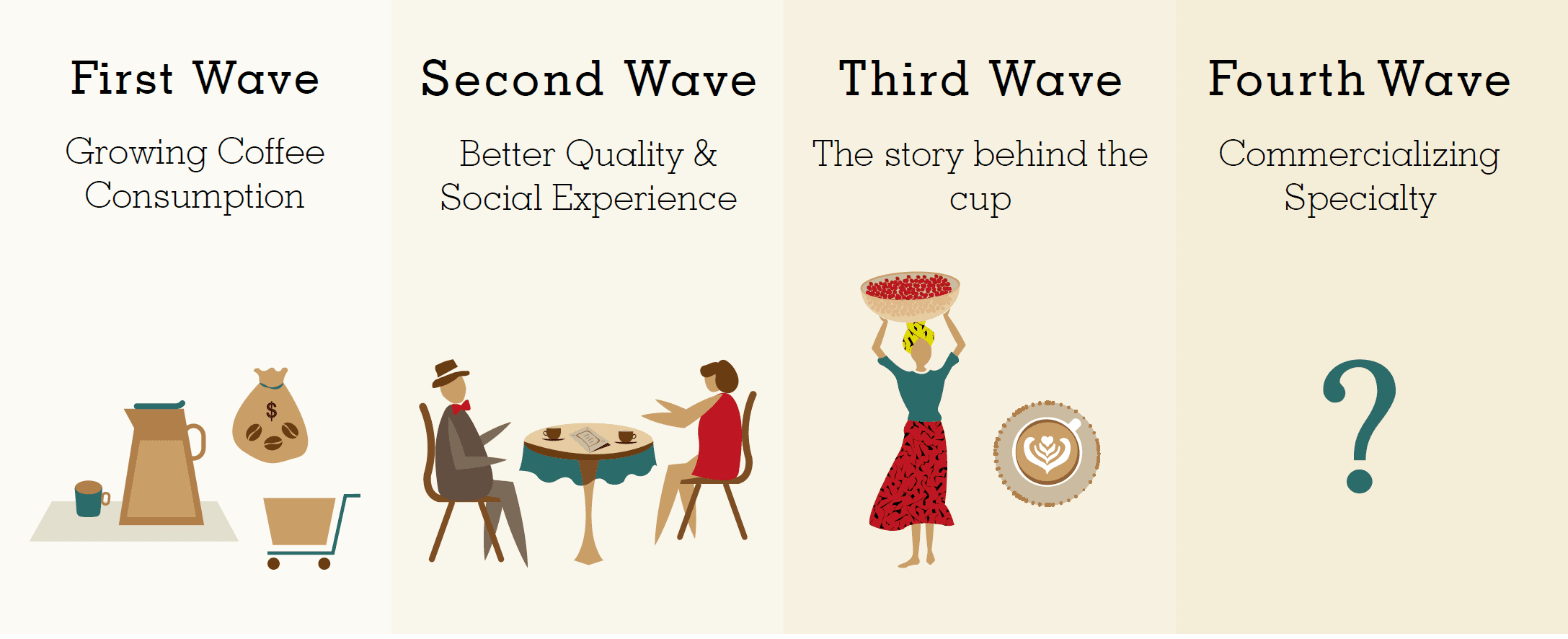
But the 3rd wave specialty coffee has a problem with scalability. For one, a majority of high-end consumers believes that automation production in large quantity of specialty coffee will take away its unique-ness, its artisanal characteristics, making it less, well, special. As a result, a newer concept, a 4th wave has been born. This Fourth Wave, should the industry chooses to accept it, calls for commercializing specialty coffee via technology and innovation in coffee production, simply to bring accessibility of good coffee to more people.

That is precisely where honey coffee comes into play, as producers are experimenting with more modern, hybrid methods of processing such as anaerobic fermentation, carbonic maceration, and the aforementioned honey process.
With the aid of pulper / demucilager machine to remove part of the mucilage, the process is more cost efficient and can consistently produce high quality products without the need for full-washing nor compromising the taste.
To sum it up, honey coffee process offers a better coffee tasting experience, a path to upward mobility and higher living standards to farmers, a technique propelled by biotechnological research that can improve scalability to specialty coffee, and an eco-conscious, environment-friendly production method.
End of series.

Please kindly remember to credit us, the diligent writers at Gaia Café, when you use our materials in your writing or for your research.
